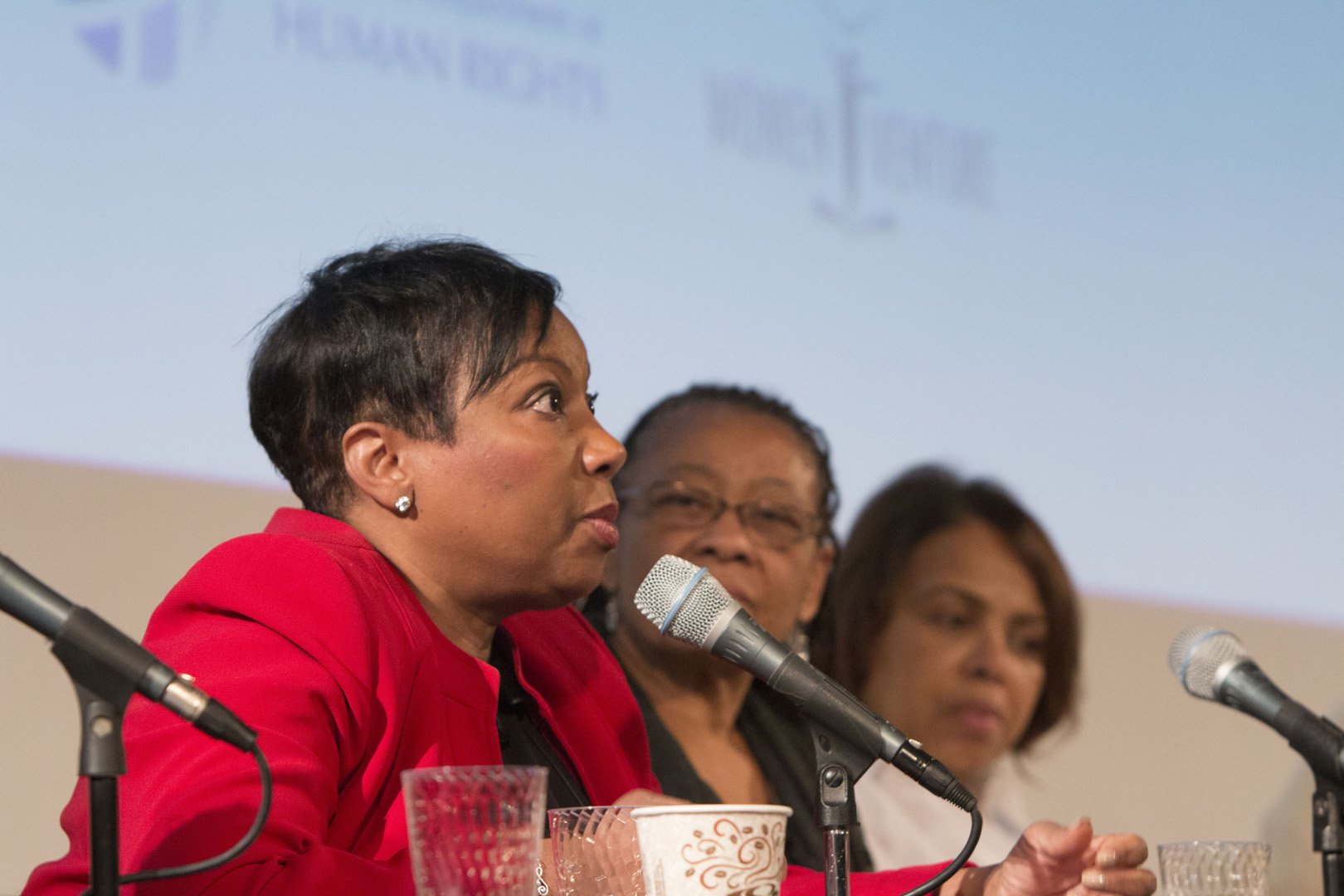
The State of Minnesota’s First Report on Black Women’s Economics
Description
In 2015, Dr. Lewis was hired by the Black Women’s Wealth Alliance (BWWA) through a Kris Nelson Community Based Research Grant administered by the Center for Urban and Regional Affairs (CURA) to write the State’s first report on Black women’s economics and to help launch the organization. The BWWA’s mission is to broaden the aspirations and strategies of Black women entrepreneurs that create and expand community wealth. The report aimed to provide a starting place for which policy makers and community based practitioners like BWWA can begin the work of going beyond the Black/White gendered binary and bring more awareness to the challenges that Black women face in their pursuit for economic independence. The report demystified the unequal racialized gendered dynamics in unemployment rates by disaggregating the data, rising individual and household income gaps, disparities in workforce participation rates, and uneven access to loan procurement for Black women entrepreneurs.
Key Findings
The report found that when you disaggregated the data, which was important to the BWWA as they made the claim that a sole focus on Black women is dire, that Black women are not only carrying the largest economic weight in their communities, but have been impacted the most by the disparaging gaps between White and Black economic success in Minnesota.
The report helped the BWWA and its members understand the following:
Black women, most of whom had dependents without supportive spousal income were carrying the largest financial responsibility in their households.
Black women suffered a higher unemployment rate than Black men during the height of the economic recession.
Black women were concentrated in low wage occupations in numbers much larger to Black women nationally.
Black women were leading new business start ups in Minnesota and nationally, yet received the least loans to grow and start businesses.
As the BWWA President once stated, racial equity cannot be simply funded and achieved through generalized categories of race and geography alone, rather racial equity must be applied through a customized approach targeting the specific needs of a specific groups with the purpose and intent to enhance the quality of life where and how it is most needed.
Policy Reccomendations
The report made the following recommendations:
The State of Minnesota enact legislation that requires the disaggregation of all its data based on race, gender, sex, and nationality to ensure that all communities are able to readily access its current employment rates, workforce participation, state loan procurement, and disadvantage business enterprises data with specificity.
The local community and its institutional partners work with BWWA as they launch the Pathways to Prosperity Initiative.
This initiative necessitates that the State do the following:
Expand our research to include Black girls and broader social indicators such as: health, housing, education, criminal justice, reproductive health, and transportation.
Enrich our statistical research with community based participatory research that better contextualizes the data. This work can and will include community led focused conversations, surveys, and one to one stakeholder’s meetings.
Building a state-wide collaborative network with individuals, institutions, and networks that service Black women and girls to include their collective interests in a Black women and girls 2017 legislative agenda.
Create a 2017 legislative agenda and execute a day on the hill to better direct policies, programming, and the resources needed to address the economic disparities impacting Black women and girls lives in Minnesota.
Impacts
The report and its findings has enabled the BWWA to do the following:
Work with State Representative Rena Moran to produce legislation that supports women and girls of color to succeed financially
Grow the organizations mission and strategic initiatives
Secure grant funding that supported the BWWA’s first wealth academy, which provided free training courses on credit repair, health and healing practices, homebuyer education, investing, entrepreneurship, banking, and saving for Black women.
